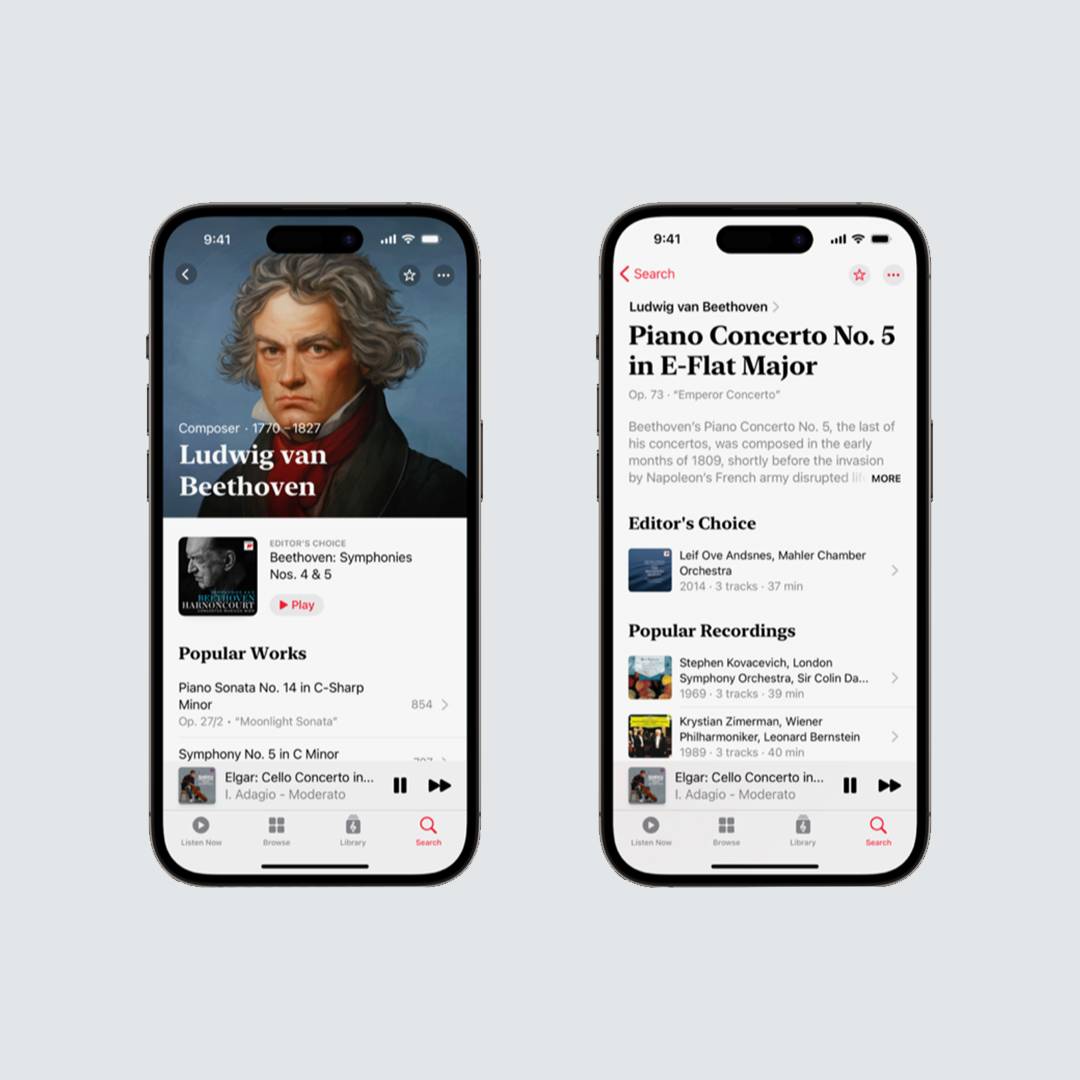In the ever-evolving world of music, copyrights play a vital role as guardians of creative expression, providing essential safeguards and entitlements to artists, ensuring their work remains protected from unauthorized usage. Although the concept of music copyrights may seem simple initially, a closer examination uncovers a complex web of intricacies that can perplex even the most experienced musicians. In this extensive investigation, we will untangle the essential principles of music copyrights, illuminating their importance and equipping artists with invaluable knowledge.
The Birth of a Copyright: Creation Over Registration
When a brilliant melody echoes through your mind or lyrics flow onto a crumpled notebook page, an intangible idea materializes into a tangible form, giving birth to a copyright. This inherent copyright endows creators with a bundle of rights, safeguarded under the United States Copyright Act. While it is strongly advisable to register your copyright with the United States Copyright Office in Washington, DC, upon publication, it is essential to recognize that a copyright comes into existence upon creation, regardless of registration.
Empowering Rights through Copyright Registration
Though a “poor man’s copyright” – encapsulating a song in an envelope and mailing it to yourself – offers limited protection, it fails to confer three essential rights:
- The right of rebuttable presumption of ownership
- The right to sue in a court of law
- The right to receive actual or statutory damages
These rights find their roots in formal copyright registration in Washington, DC. Therefore, aspiring artists are strongly advised to take the proactive step of officially copyrighting their work to fully avail themselves of these vital protections.
Click here to read the full article.



